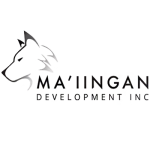What is a Micro Grid?
The strength of the wolf lies in the pack.
Project Objectives
The Gull Bay Diesel Offset Micro Grid project will demonstrate the integration of a high-penetration solar photovoltaic system into the existing diesel microgrid on the Kiashke Zaaging Anishinaabek (KZA) / Gull Bay First Nation (GBFN) reserve.
This micro grid (electricity distribution system) will manage loads and distributed energy resources (solar photovoltaic, battery storage, and diesel generators) that can be operated in a controlled and integrated fashion.
Prior to this project, KZA has been fully dependent on diesel generation as the community’s energy source and not connected to the provincial grid.
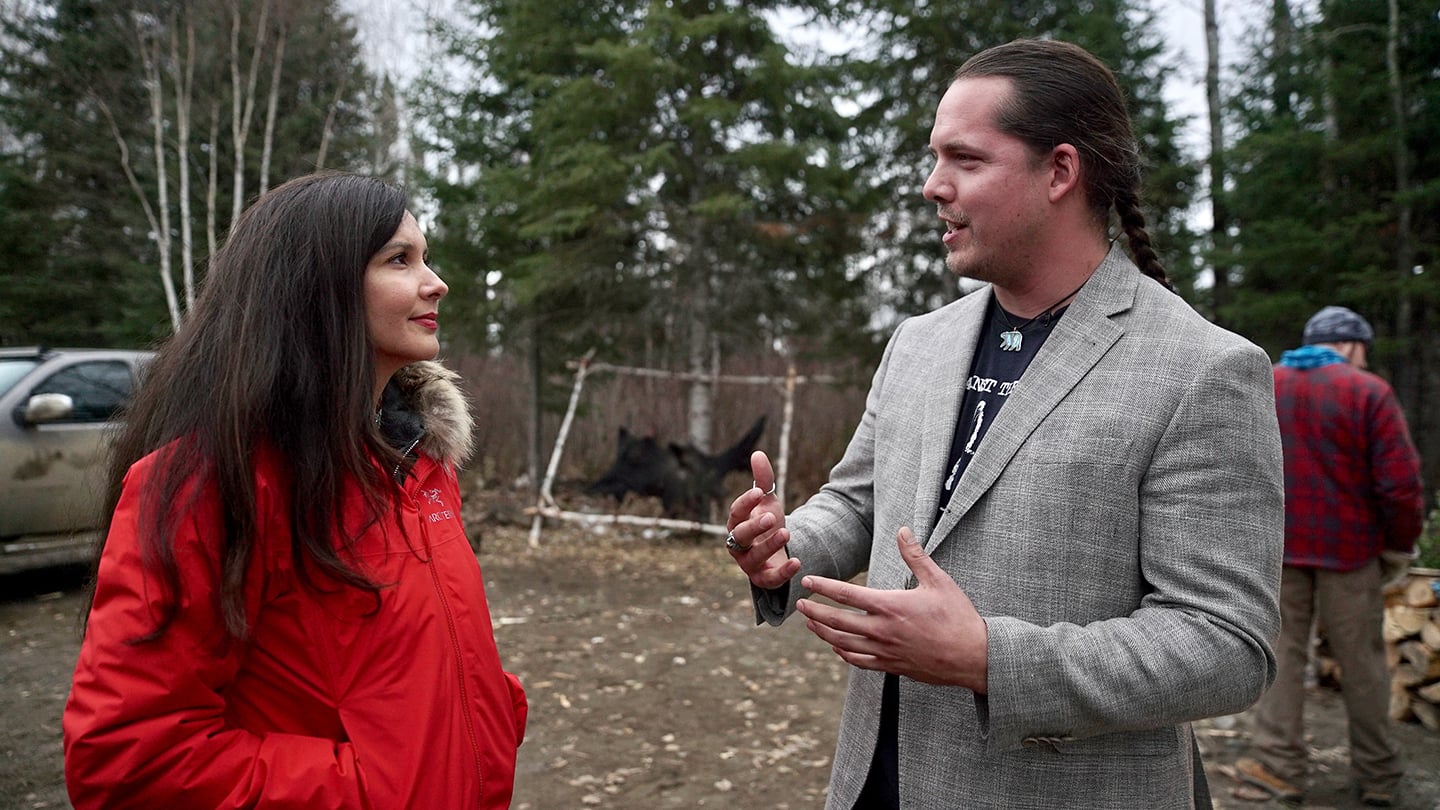
Expected Results
This project expects to maximize renewable generation penetration (up to 100% at times) resulting in reduced environmental concerns and greater reduction of diesel fuel consumption. The First Nation will own the system and its revenues, resulting in local economic benefits and strengthening relationships between community and government stakeholders.
Anticipated Diesel Reduction: 130,000 litres/year
As part of the microgrid, solar panels are installed in an area the size of a soccer field, along with a 300 kWh DC battery system with one-hour storage.
A microgrid controller will integrate clean, renewable energy from the solar panels and the battery storage with the existing diesel distribution system. The controller will balance generation and energy storage to reduce diesel generator use in the community, shutting diesel off entirely at times. This will eliminate more than 300 tonnes of carbon emissions annually.
So, what does this mean?
- 300 tonnes of carbon emissions will be eliminated annually through the microgrid
- 20 years is the expected service life of the microgrid
- The battery system can store energy from the solar panels
- Gull Bay will be harnessing the energy from the sun through over 1000 solar panels
Chief King and Gull Bay First Nation are using entrepreneurship and ingenuity to be leaders in the fight against climate change – the single greatest issue facing our planet right now. This project is an example for the country of the positive work First Nations are doing right now to address climate change in a way that benefits their citizens, the economy and the environment.
National Chief, Perry Bellegarde
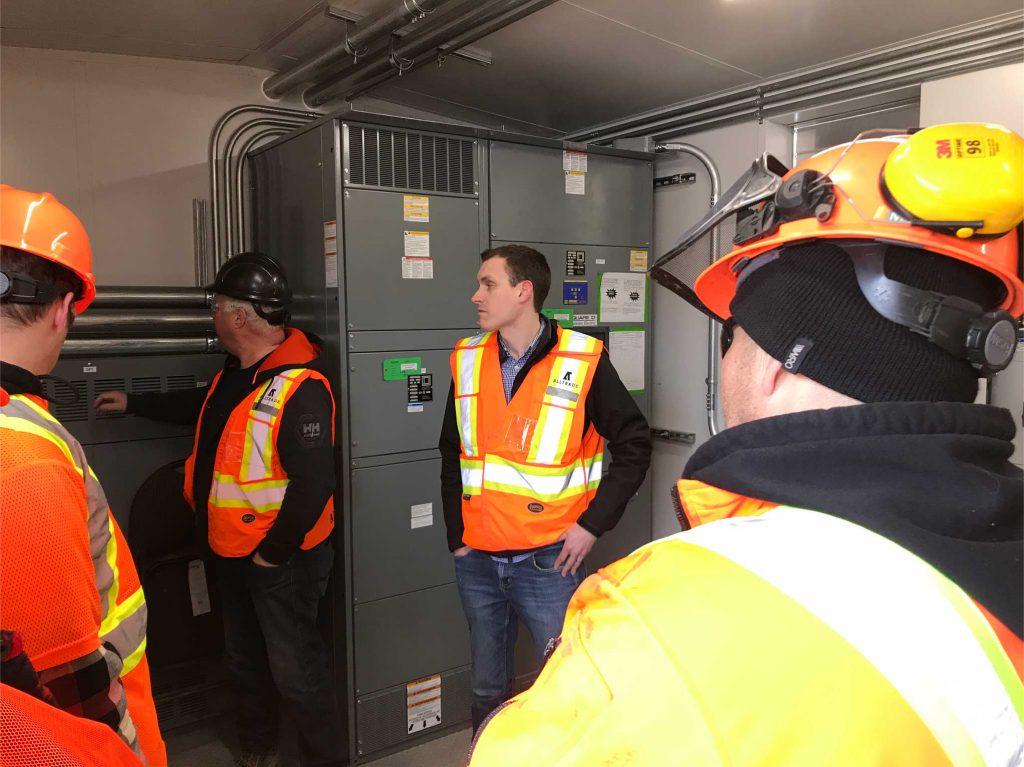
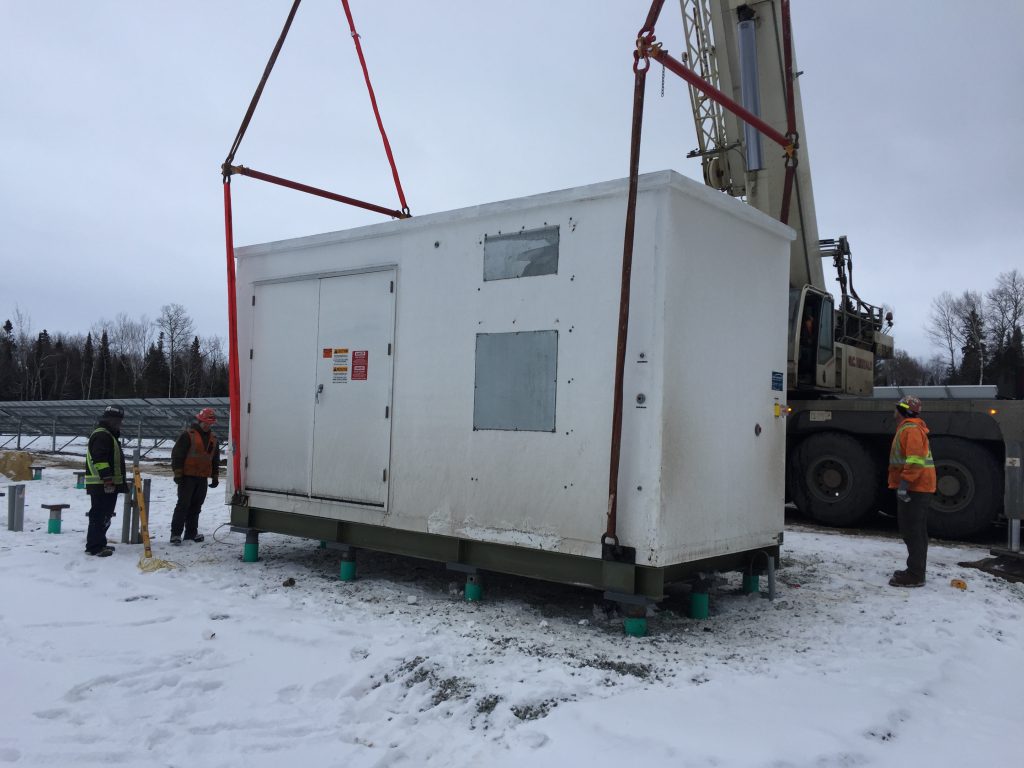
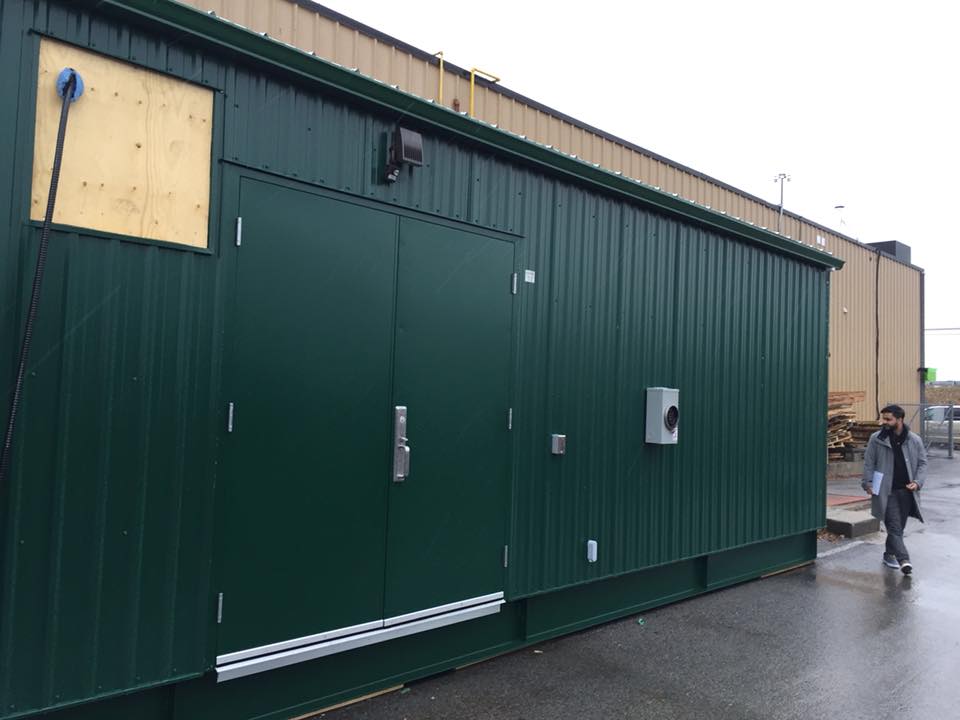
Learn More.
Frequently Ask Questions.
KZA Diesel Offset Micro Grid – Project Information
The project involves a micro grid controller that integrates energy production from solar panels and a battery energy storage system with the existing diesel distribution system. The micro grid controller will balance generation and energy storage to reduce diesel use in the community.
- Coordinated through an Indigenous Community Energy Planning (ICEP) process, directed by Chief and Council, with the support of the Mashkawiziiwin Energy Projects Coordinator and Lumos Energy, KZA's energy advisor
- OPG acted as development partner for the project, along with the support of various technical firms
- KZA's development corporation Ma'iingan Development Inc. (MDI) to own the micro grid project as it is complete and operational
Parties collaborating together who are providing in-kind contributions • Jobs include: tree clearing, fencing, site prep, solar panel racking include;
- Hydro One Remote Community Inc.
- MaRS Advanced Energy Center
- ABB Inc.
- DNV GL (Owner's Engineer)
- Alltrade (General Contractor)
- Lumos Energy
The Minister of Energy directed the IESO to explore diesel offsetting generating opportunities in collaboration remote First Nation communities, including KZA, which is not expected to be connected to the broader Ontario grid. Reducing diesel dependence is aligned with Ministry of Energy policy, Ontario's Long Term Energy Plan and Climate Change Mitigation Policy.
The project has received funding support from various government and private sources to offset project costs including; Ontario Smart Grid Fund, Northern Ontario Heritage Fund, Energy Partnerships Program, LDC Tomorrow Fund, and Indigenous Services Canada.
Expected cost is $8-9 million dollars.
Collaborator will be contributing in-kind and/or capital costs.
- Generate clean, renewable energy from solar panels
- Reduce diesel fuel used by existing diesel generators by up to 25% or 110,000 L annually (currently averaging 63,000 L, about 15%)
- Gain valuable business experience developing clean energy solutions
- Earn ongoing revenues will offset the costs to run and maintain the microgrid
- Provide services and opportunities for interested and qualified KZA businesses and members to seek subcontracts or employment with the general contractor
- Jobs include: tree clearing, fencing, site prep, solar panel racking, installation, excavation, maintenance requirements for solar and battery components during operations
- MDI and OPG will work on procurement and construction plans
